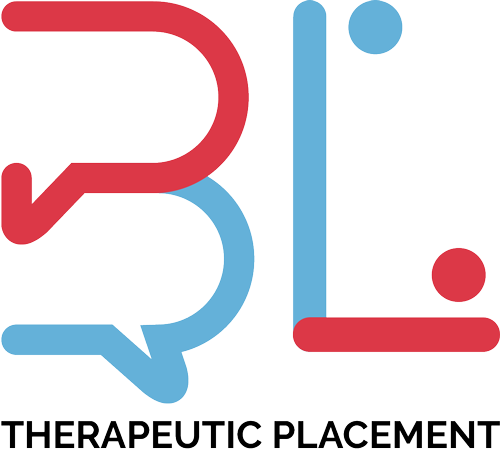Understanding Therapeutic Placement
BL Therapeutic Placement provides structured intervention for struggling adolescents, young adults, and adults facing emotional, behavioral, substance abuse, and trauma challenges. These specialized programs offer intensive support and treatment through various modalities, including residential facilities, outpatient treatment, halfway houses, and wilderness experiences, creating pathways to healing and growth for individuals in crisis.
Is Therapeutic Placement Right for Your Family?
Warning Signs
Anxiety, depression, isolation, substance abuse, escalating defiance or withdrawal behaviors, avoidance of self care activities, and intense emotional swings or family conflict that don’t respond to current outpatient therapy.
Assessment Factors
Consider severity of issues, family dynamics, and available resources before making this significant decision.
Professional Guidance
Consult with therapist, educational consultant, and medical doctor.
Key Questions
Inquire about program philosophy, staff qualifications, treatment approaches, and payment options
The Therapeutic Placement Process
Initial Assessment
Comprehensive evaluation including psychological testing, family interviews, and academic records review to understand the student's specific needs.
Program Selection
Matching the student with the right program based on therapeutic approach, location, cost, and accreditation to ensure the best fit.
Admission & Transition
Preparing the family through orientation, pre-placement visits, and establishing communication channels for ongoing support.
Treatment & Progress
Regular therapy sessions, academic support, and family involvement with continuous monitoring and adjustment of treatment plans.
Aftercare Planning
Developing transition support, outpatient therapy, and family services to maintain progress after program completion.
Types of Therapeutic Placement Programs
Residential Treatment Centers (RTCs)
Structured campus-like settings with 24/7 supervision, therapy, and academics. Average stay: 6-12 months.


Therapeutic Boarding Schools
Combining academics with therapy, focusing on holistic development. Average stay: 1-2 years.
Wilderness Therapy Programs
Outdoor experiential therapy building resilience and self-esteem. Average stay: 30-90 days.

Benefits of Therapeutic Placement at any Age or Stage of Life

Improved Mental Health
Significant reduction in symptoms of anxiety, depression, and trauma through structured therapeutic interventions.

Enhanced Academics
Increased GPA, attendance, and graduation rates through specialized educational support and structure.

Life Skills Development
Improved communication, problem-solving, and self-regulation skills that transfer to work, school, relationships, and home environments

Stronger Relationships
Improved social skills, family dynamics, conflict resolution, and support systems that create lasting positive change.
Taking the Next Steps!
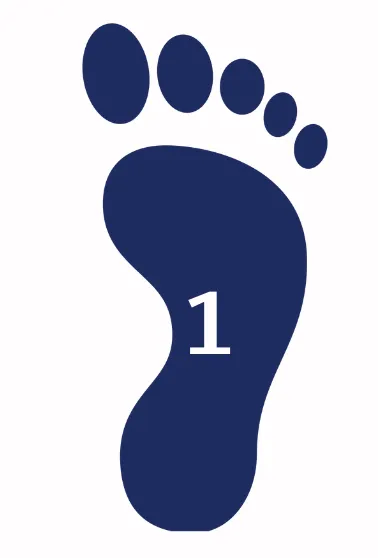
Call for Consultation
30-minute needs assessment
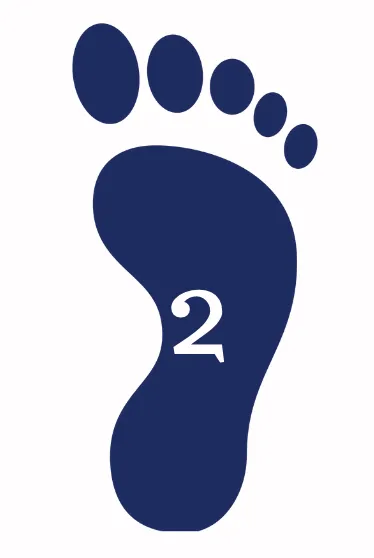
Complete Assessment
Thorough understanding of your situation
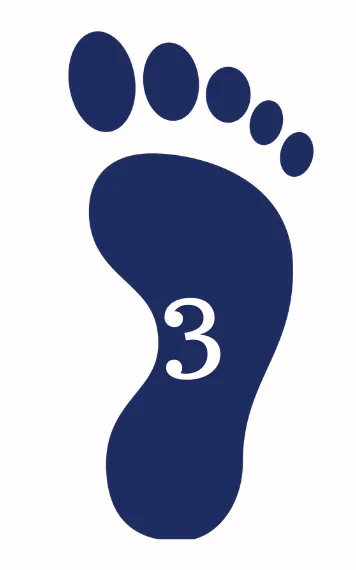
Receive Recommendations
Tailored options for your loved one
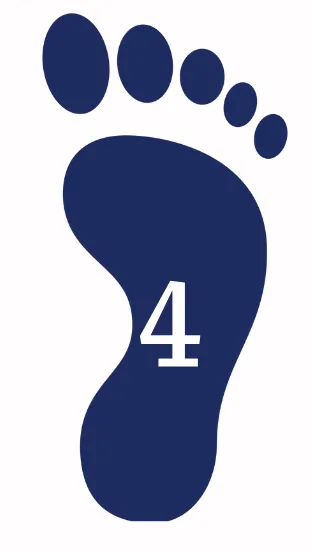
Start Healing
Don't wait until crisis escalates.
Start the journey to recovery
